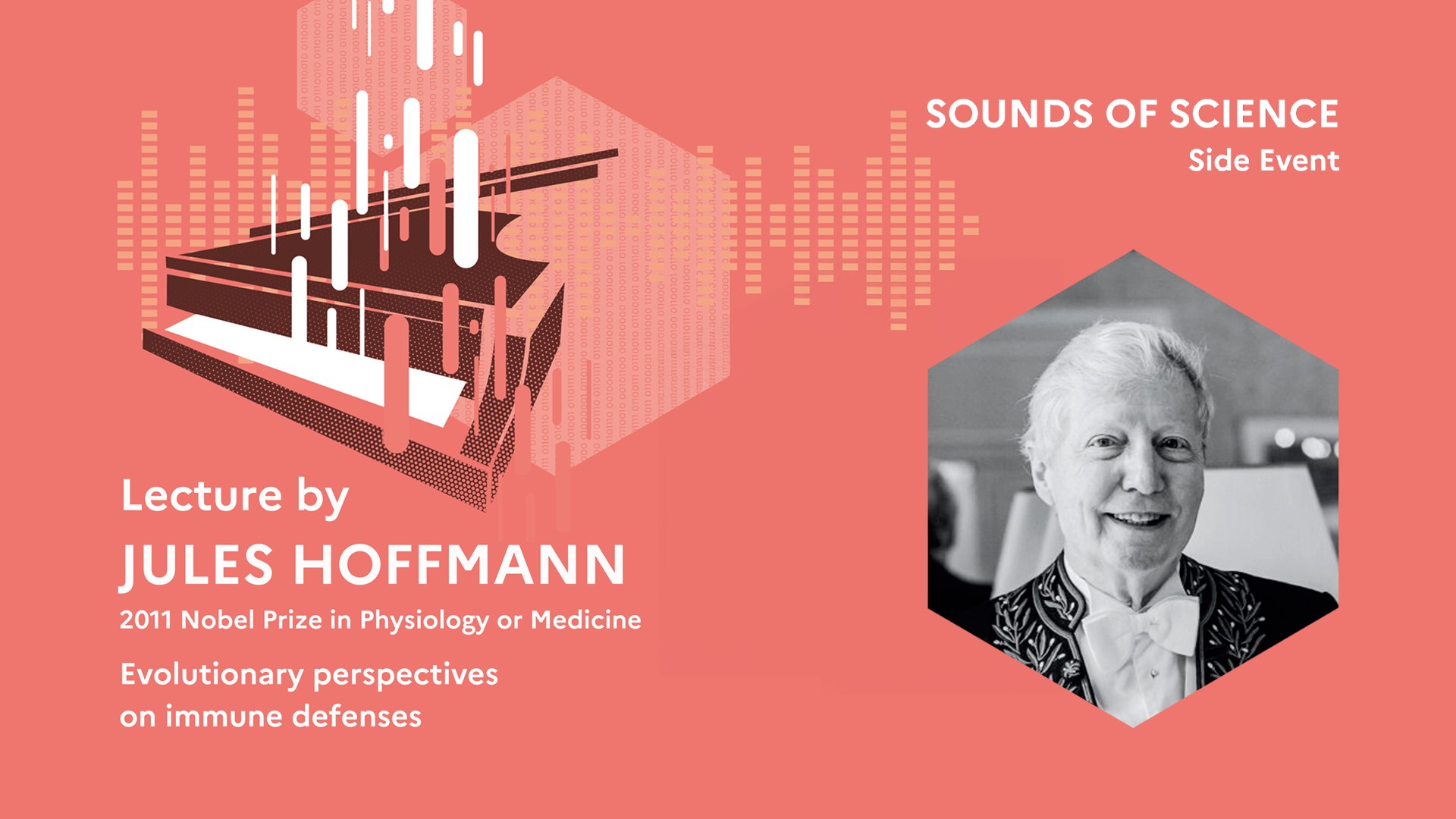
27 June 2024, 10 a.m.
Abstract
Life expectancy of humans over millenaries has stagnated around 25 years and a major reason of early death was infection by a multitude of microbes. It is only in the late years of the 19th century that through the work of several pioneers, namely Louis Pasteur in France and Robert Koch in Germany, that microbiology developed in relation to microbial aggressions and it took two more decades until the basis of immunology was understood, in particular through the studies of Eliyah Metchnikow and Paul Ehrlich, who shared the Nobel Prize in 1908, although their conclusions were quite different, Metchnikow explaining antimicriobial resistance as a result of a direct role of blood cells (termed phagocytes) whereas Ehrlich heralded the role of blood factors, which came to be known as antibodies. The presentation will cover essential aspects in immunological research, which has in recent years led to replace the idea of a binary response (innate immunity versus adaptive immunity) by the concept, now universally accepted, of a complementary response in humans, the principals of which will be presented in conclusion of the presentation.



